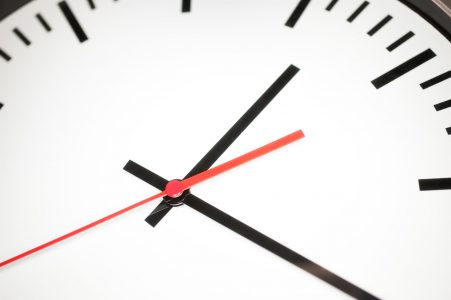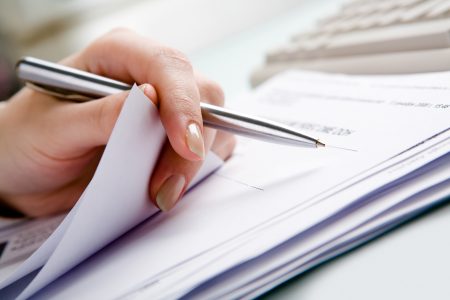Chapter 13 bankruptcy is a legal tool that allows individuals to reorganize their debts and create a repayment plan over a period of time, usually three to five years. If you are considering filing for Chapter 13 bankruptcy, it’s important to understand the Chapter 13 timeline, as it can help you know what to expect … Read more
Debt can be overwhelming, and it can seem like there is no way out. However, there are options available to help you get back on track financially. One of those options is Chapter 13 bankruptcy. While it may seem daunting, Chapter 13 can actually serve as a lifeline for those struggling with debt. What is … Read more
Many people seeking debt relief wonder whether to pursue Chapter 13 or Chapter 7. One of the biggest differences between Chapter 7 and Chapter 13 cases is a debt elimination or debt repayment. In a Chapter 13 debt repayment plan, your debts will be satisfied to creditors through a series of affordable monthly payments. A … Read more
People file Chapter 13 bankruptcy when they have fallen behind in their secured debt, such as a home or vehicle, and want to keep the property. Chapter 13 requires a court-approved repayment plan to pay all or parts of your debts over some time, either three or five years, depending on the amount of debt … Read more
Chapter 13 is a “reorganization bankruptcy” type that allows debtors to repay all, or a portion, of their debts in three to five years under a court-approved plan. Chapter 13 bankruptcy is also called a “wage earner’s plan.” that lets individuals with regular income to develop a plan to repay their debts. If the debtor’s … Read more
Credit card debt is one of the most common types of consumer debt. When the balance gets unmanageable, people often seek out a bankruptcy attorney for financial relief. Filing a Chapter 13 bankruptcy can help gain control of your credit card debt. Chapter 13 Bankruptcy Chapter 13 is often called a reorganization bankruptcy. In this … Read more
While Chapter 7 is the more popular form of bankruptcy, effectively eliminating all of your qualifying debt without having to make a repayment plan. Chapter 13 bankruptcy with a court-approved repayment plan offers more flexibility and more options than Chapter 7. Keep Your Assets Chapter 13 bankruptcy allows debtors to catch up on missed payments … Read more
For a Chapter 13 bankruptcy, you keep all of your possessions and make arrear payments to the court. These back payments can last anywhere from 36 to 60 months, depending on the amount you owe and your income. To be able to file Chapter 13, you must have a steady source of income to make … Read more
Before filing for Chapter 13 bankruptcy, you must determine if you are legally able to do so. To qualify, you must meet specific requirements. You must have a steady source of income to be able to make the monthly payments to the trustee to distribute to your creditors. To file Chapter 13 bankruptcy, you must … Read more
When people are overwhelmed in debt and looking for answers, they wonder what bankruptcy can do for them. Chapter 13 is considered a ‘reorganization’ bankruptcy, as it gives you the chance to pay your arrears over some time. Filing Chapter 13 bankruptcy can keep your home from being foreclosed on, or your vehicles from being … Read more

















